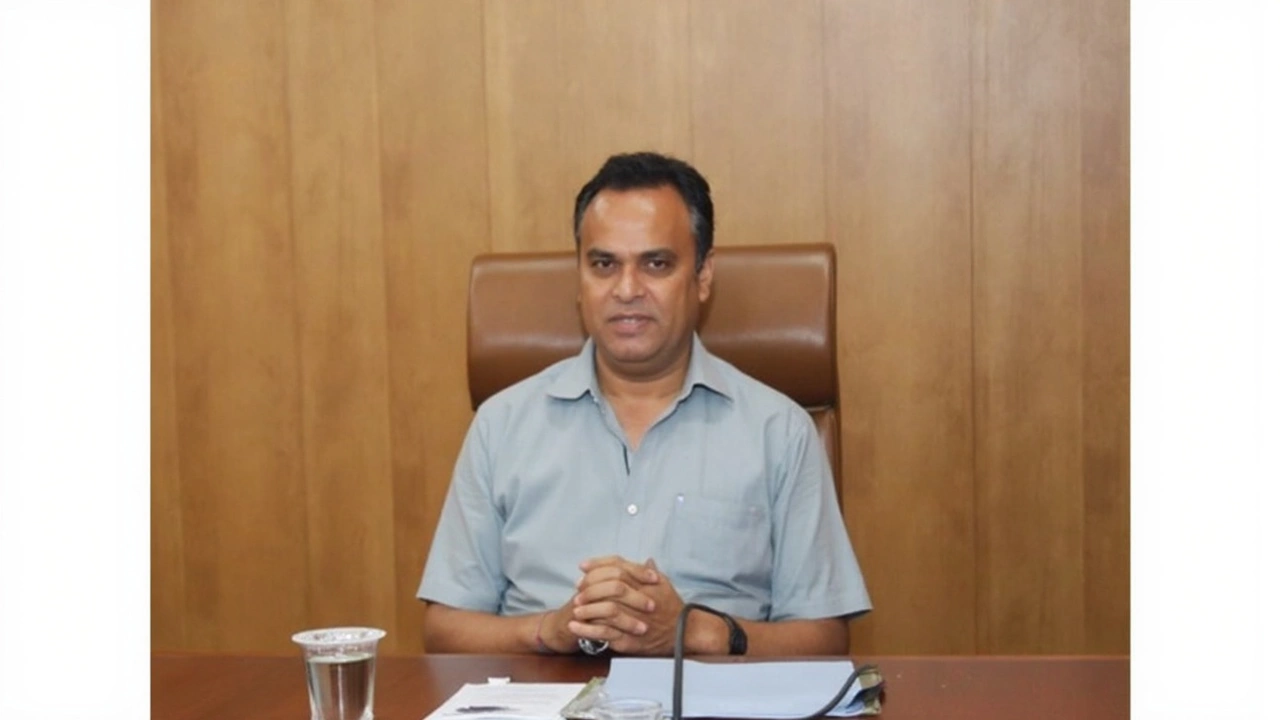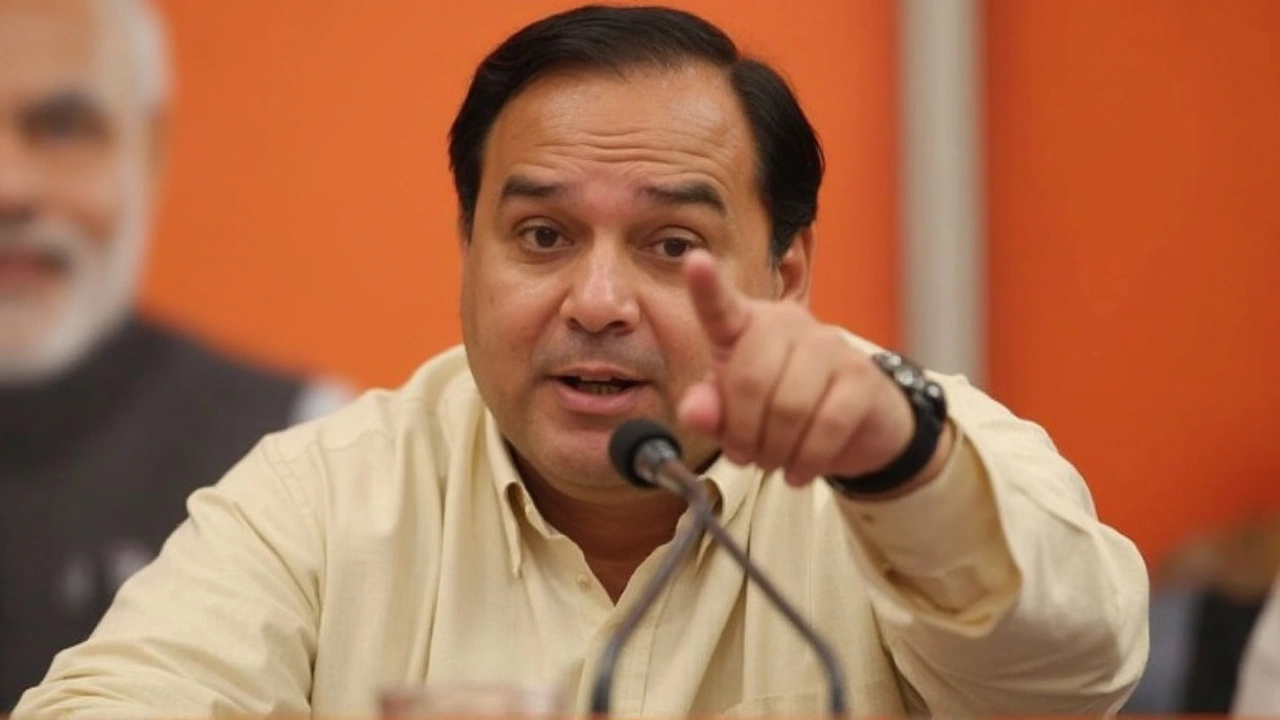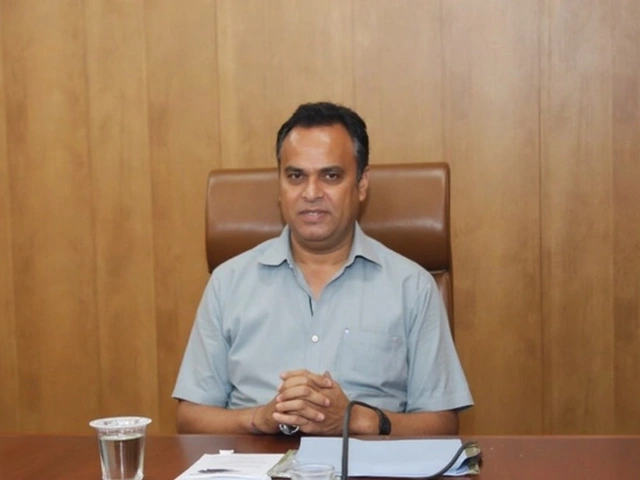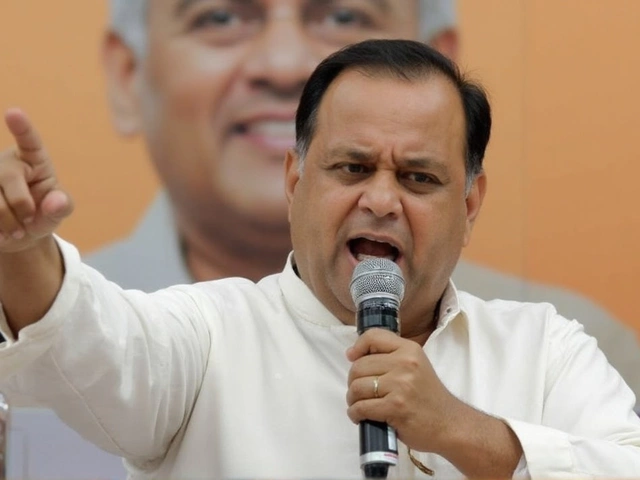Assam's Dhubri on Edge: 38 Arrests After Cow Head Sparks Communal Tension Near Hanuman Temple

Communal Flashpoint Ignites in Dhubri
Dhubri, a border district in Assam known for its delicate communal balance, was shaken by a disturbing incident on June 7. The discovery of a cow’s head near a Hanuman temple threw the usually bustling town into chaos, stirring emotions among locals. Things escalated when, despite a visible police presence, a similar incident happened again the next day. The streets grew tense, with rumors flying and groups gathering in anger and fear. For a place already known for its sensitive demographic mix—mainly Muslim with a Hindu minority—the situation felt like a ticking time bomb.
Chief Minister Himanta Biswa Sarma wasted no time. He swept into action with a late-night crackdown, determined to stop any further descent into chaos. Police launched a series of raids overnight, resulting in the arrest of 38 individuals connected to the unrest. Sarma, aware of the explosive potential for violence, gave the police clear instructions to take strong measures, even handing out 'shoot-at-sight' orders for the nights—an extreme step rarely taken outside life-or-death situations. The aim was to stamp out any attempts at further provocation.
Local authorities worked overtime to keep residents calm. Dhubri Municipal Chairman and BJP leader Debamoy Sanyal said discussions between various community leaders initially helped cool emotions. But when the second incident occurred, any temporary relief evaporated. Crowds demanded answers, and the sound of police sirens became an uneasy backdrop to daily life. Within hours, prohibitory orders were imposed on June 9, barring large gatherings, and patrols doubled across the district.

Leadership Shakes and Secessionist Fears
Amid the unrest, the Assam government made major changes to security leadership. Dhubri's Senior Superintendent of Police Navin Singh was suddenly transferred, replaced with Leena Doley—previously in charge at Hailakandi—delivering a clear signal the state wanted new hands guiding law and order. The idea was to bring a fresh approach before the situation could spiral further.
But policing wasn’t the only challenge. The state cracked down not just on rioters, but on anyone with outstanding criminal records or non-bailable warrants. The directives came amid whispers about 'Nabin Bangla,' a shadowy group many locals blame for fueling tensions. Authorities suspect the group aimed to exploit local anxieties by spreading the idea of merging the district with neighboring Bangladesh—a notion that hit deep nerves here, given the border’s long and troubled history with illegal migration and identity politics.
The demographics of Dhubri itself played a major role in shaping the crisis. As a Muslim-majority district lying right along the Bangladesh border, the area has long been vulnerable to provocations that can split communities. With every fresh incident, old memories and fears revive: what if tensions keep simmering? For now, the heavy police presence and a temporary ban on mass gatherings seem to have slowed things down, but calm here still feels fragile—a reality everyone in Dhubri seems acutely aware of.

